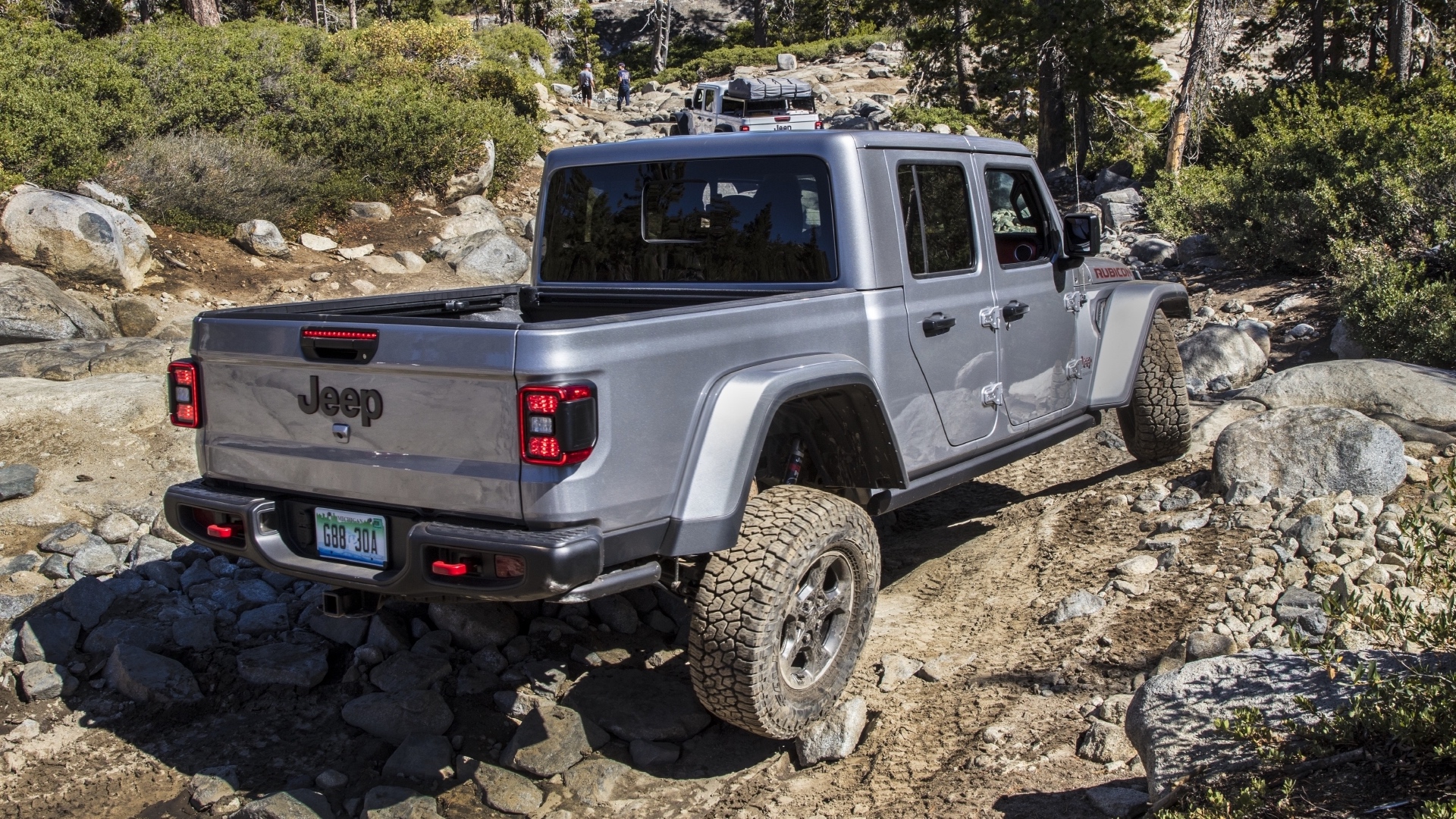

Everyone’s heard of the “death wobble” said to plague Jeep products, but according to the plaintiffs of a class-action lawsuit filed last week, it’s far from being the only issue with the suspension of Fiat Chrysler Automobiles-built trucks and SUVs. Last Monday, multiple Jeep and Ram owners accused Fiat Chrysler (FCA) in court of knowingly selling vehicles with “dangerous” sway bar disconnect mechanisms that are “prone to failure,” which they say put the vehicles’ occupants and the general public at risk.
Offered on vehicles sold by multiple FCA marques as far back as 2005, electronic sway bar disconnects allow the operators of select Dodge, Jeep, and Ram products to disengage and reengage their vehicles’ sway bars from inside the cabin. Disconnecting the sway bar allows for greater suspension articulation over rough terrain, enhancing off-road capabilities, while reconnecting the sway bar improves on-road handling and stability. It’s the latter—the reconnecting part (or the lack of it)—that’s at the core of the issue.
In theory, electronic sway bar disconnects offer drivers the best of both worlds, but according to the plaintiffs of Flores et al v. FCA US LLC, filed April 20, 2020 in the U.S. District Court for the Eastern District of Michigan, the system’s “stunningly bad” design puts it at risk of premature failure, even on late-model vehicles. The suit’s plaintiffs describe the issue as follows:
“[…] the electronic circuit board for the sway bar disconnect is in a housing with seals that are prone to failure and is located in an area that is likely to get wet or sprayed under ordinary or expected conditions, such as driving over puddles or in the rain. Failure of the circuit board occurs when liquid or contaminants breach a seal of the housing, resulting in a disconnected or malfunctioning sway bar. In some instances, the electronic sway bar disconnect will fail and not reconnect, forcing the driver to drive on roads and highways without a sway-bar.” Flores et al v. FCA US LLC, reads.
Eponymous plaintiff Joshua Flores reported encountering the issue on his 2018 Ram 2500 Power Wagon, and claims to have visited dealers “several times” to have his nonfunctional sway bar disconnect serviced after failing. He rounded up other owners of FCA products with similar malfunctions to organize the suit, which implicates the following vehicles.
- 2007-2017 Jeep Wrangler Rubicon (“JK”)
- 2007-2017 Jeep Wrangler Unlimited Rubicon (“JKU”)
- 2018-2020 Jeep Wrangler Rubicon (“JL”)
- 2018-2020 Jeep Wrangler Unlimited Rubicon (“JLU”)
- 2020 Jeep Gladiator Rubicon
- 2005-2010 Dodge Ram 2500 Power Wagon
- 2011-2020 Ram 2500 Power Wagon
The suit’s plaintiffs accuse FCA of knowing its sway bar disconnects are faulty, but taking no action to address the issue, continuing to sell vehicles equipped with the failure-prone systems, and denying warranty-covered service. Replacing the sway bar disconnect’s control module out of pocket is said to cost upward of $1,500 in parts alone, before labor costs.
The Drive examined the National Highway Traffic Safety Administration‘s public database for complaints of problems with the “sway bar disconnect” system on the vehicles listed above and found only nine results echoing the plaintiffs of Flores et al v. FCA US LLC—all concerning various models of the Jeep Wrangler. Many more complaints reported suspension issues related to the sway bar, though most issues were described in too vague of terms to conclusively point to failed sway bar disconnect systems.
We reached out to FCA and we will update this story when we hear back.
Got a tip? Send us a note: tips@thedrive.com
h/t: Car Complaints
Clarification: Tuesday, April 28, 2020, 4:57 p.m. ET: A previous headline of this story wrongly indicated that the sway bars could suddenly disconnect at highway speeds. The real issue, however, is that the sway bars will not reconnect after being disconnected, therefore, creating the possibility of dangerous driving at highway speeds if you’re far from home.